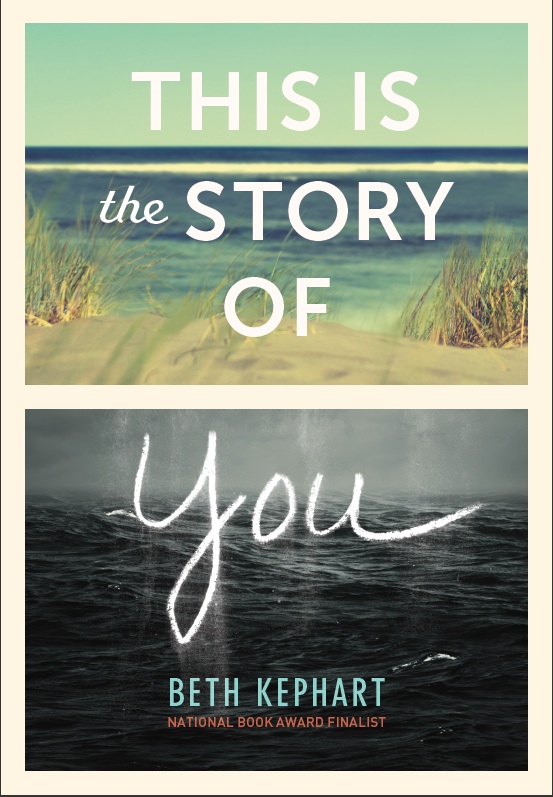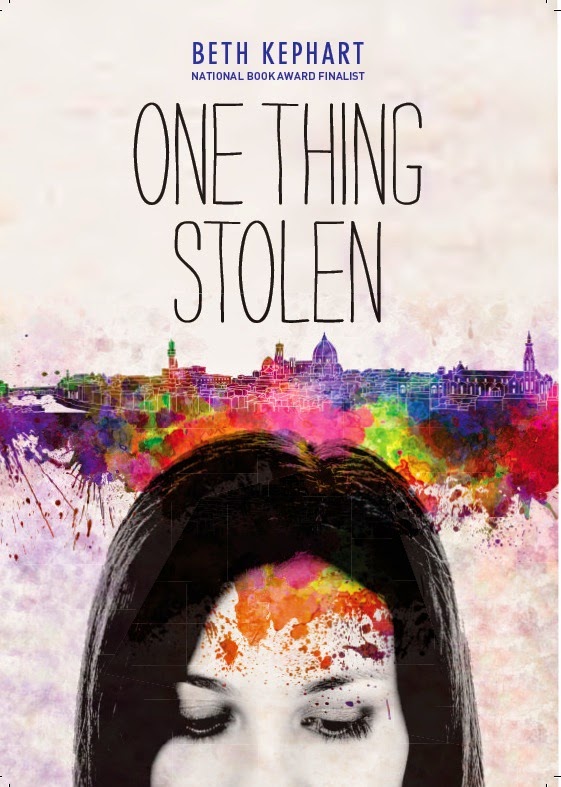on compassion and (also) on negating our shame culture (Monica Lewinsky)
Sunday, March 22, 2015
This morning I did that thing I love to do—plop on the couch, pull the fuzzy blanket to my chin, and read the New York Times online. It is one of my limited online reads. I value the words as much as the multimedia links.
Perhaps because I just finished writing and sharing a piece (in today's Chicago Tribune) on the empathetic imagination, perhaps because I teach memoir largely because I believe that teaching memoir is (or can be) akin to teaching compassion, perhaps because I have lived in shadows, too, been attacked, yearned for intervening empathy, the first two Times pieces I read today were compassion invested. The first, titled "The Brain's Empathy Gap" (Jeneen Interlandi), reports on studies designed to answer questions like: "How much of our empathy is innate and how much is instilled in us by our environment?" and "Why does understanding what someone else feels not always translate to being concerned with their welfare?" I recommend the read.
The second story, by Jessica Bennett, led me to this recent TED talk by Monica Lewinsky (yes, it was a busy week and I'm only catching up on this now; don't, as my student recently wrote, judge me), which I watched in its entirety. Brave, bold, bracing, Lewinsky reports from the depths of a personal hell and from the realities of a humiliation culture (as she puts it) that is shameful to us all.
Anyone who is out here in any public way—writing books, making songs, sharing ideas, blogging—knows that the risks are enormous. We see how a nano-second of inarticulate self-searching can become a Twitter storm. We see how a straying from the pact or pack opens the door to virtual mobster hatred. We see how a careless, insensitive Tweet can rearrange a life. And we see the opposite, too—how ideas or art or stories that do not conform to prevailing notions of cool, branded, or trending can go unseen, unheard, unheralded—which is, let's face it, a kind of humiliation, too.
Oh, it takes time to listen. Oh, it is so easy to judge. Oh, we can, from the protected privacy of our keyboard feel so empowered. Oh, anonymity is a sword.
But why build a world of cruelty when you can build a world of good? I laud Monica Lewinsky for asking that question. For standing up. For leaving the shadows.
















5 comments:
"Though the boys throw stones at the frogs in sport, the frogs do not die in sport but in earnest."
--Plutarch
Jennifer, you are so smart.
Beth, your essay on empathy is so wonderful. And this video and these links led me to more articles, then more pieces from there, a deep, rich conversation about the ways we silence others or, even, ourselves. It's given me a lot to think about. Thank you.
Melissa, thank you. I think it's such an important topic — and it took a very long time to ponder and write that particular piece. But I'm so happy that I did.
Wonderful essay, Beth. We need to get together. Shame culture is part of the reason I decided to tackled the subject of Mary Mallon, the woman who became known as "Typhoid Mary." (The book will be out in August.)
Post a Comment